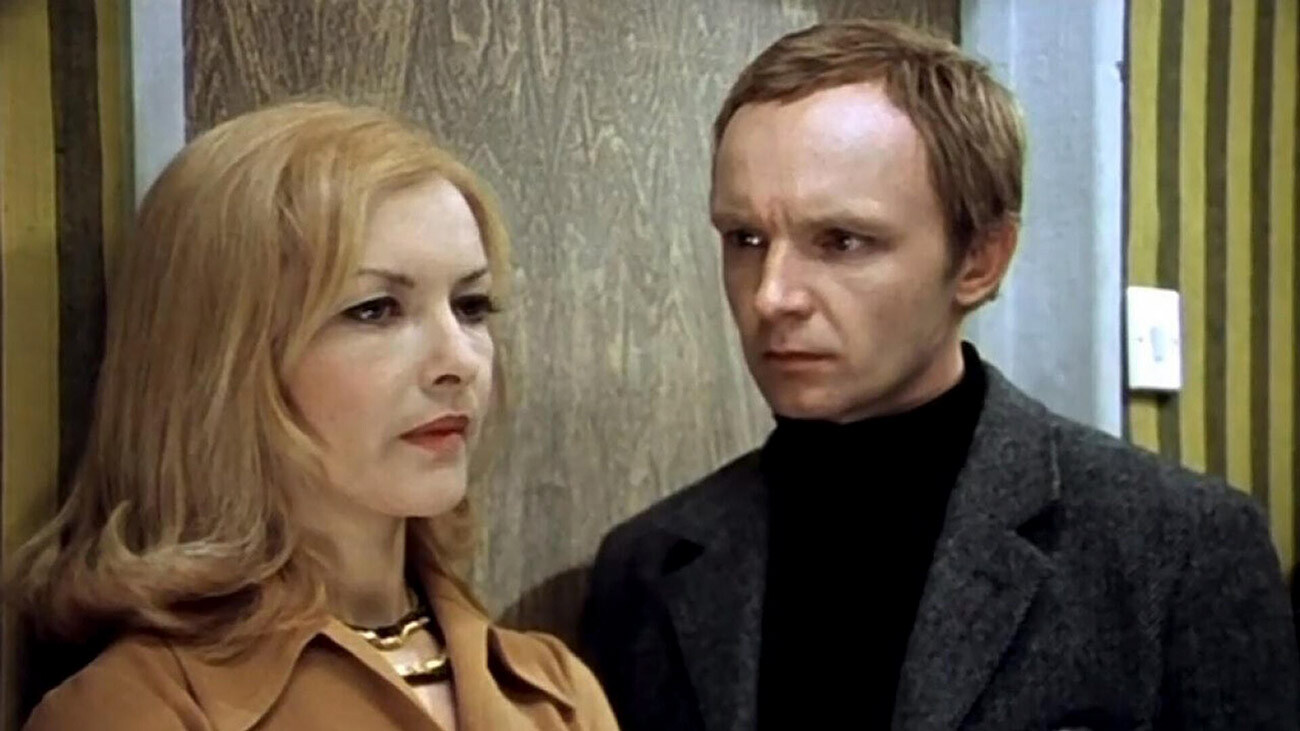
“Every year, on December 31, my friends and I meet at a banya.” With these words begins the main New Year’s movie of Russia, directed by Eldar Ryazanov in 1975. Of course, far from everyone goes to a banya before New Year’s; not everyone also mistakes their apartment for another – with an identical address in Moscow and St. Petersburg, which is what the main character does. However, the festive environment with a heap of guests, sometimes strange frank conversations and songs, the notorious ‘Olivier’ salad and jellied fish is depicted in the movie quite authentically. As is, of course, the New Year’s faith in wonders and love – natural, although, not just for Russians. There’s a reason an American remake of this movie appeared this year – About Fate with Emma Roberts and Thomas Mann.
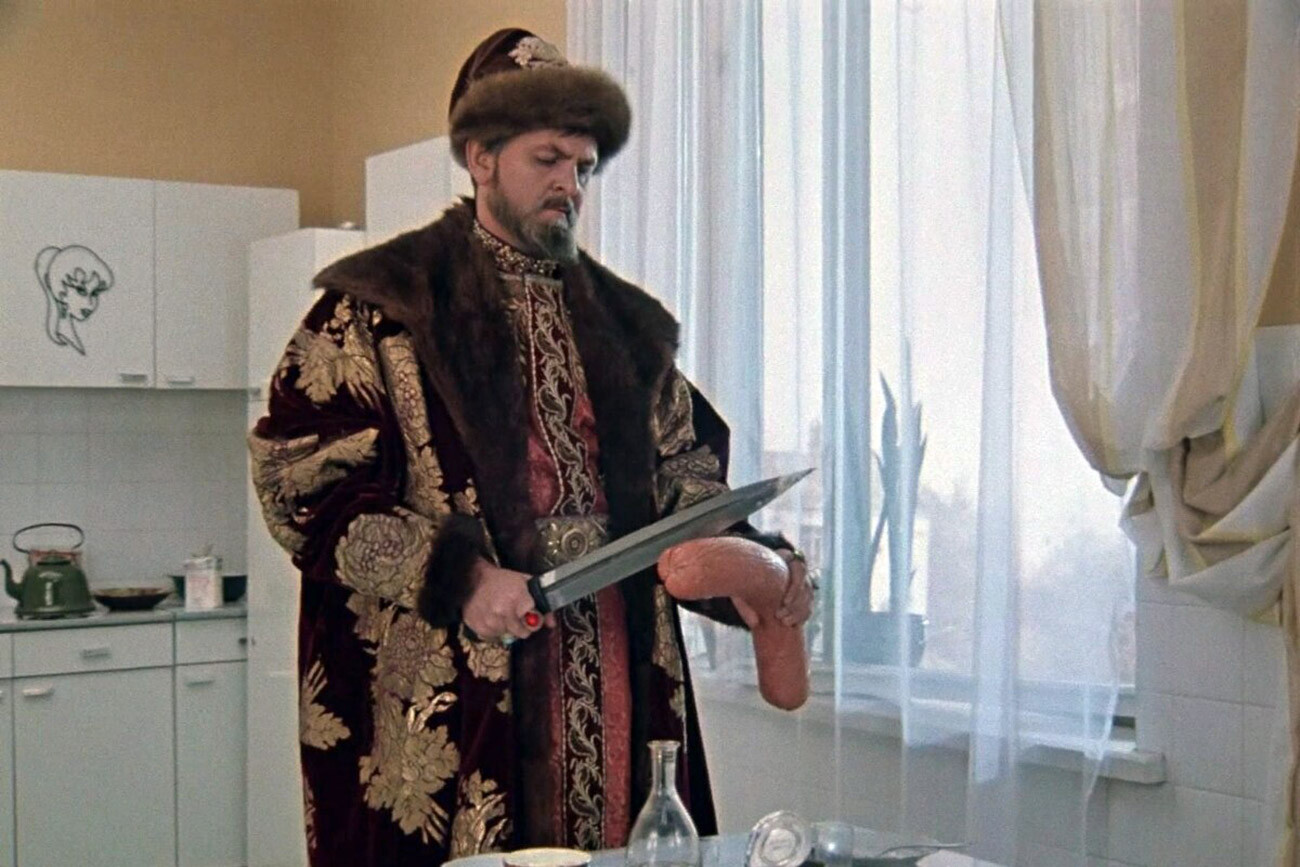
A nostalgia for times past is natural to all people, but especially to Russians. Way before Robert Zemekis’ ‘Back to the Future’ (1985), the time machine in this movie is invented by a failed Soviet scientist, who opens a portal to the 16th century and literally swaps Tsar Ivan the Terrible and his apartment building superintendent (whose name is also Ivan Vasilievich). Ivan the Terrible in this movie is not as ruthless as one might think from the history books; to the contrary even. With time, he starts to enjoy the benefits of the modern Soviet civilization. The superintendent likes his role as a tsar, but his cover is blown too soon. And, no matter how thrilling a trip to another time and other customs might be, our own – dear and real to us – is always closer to us, after all.
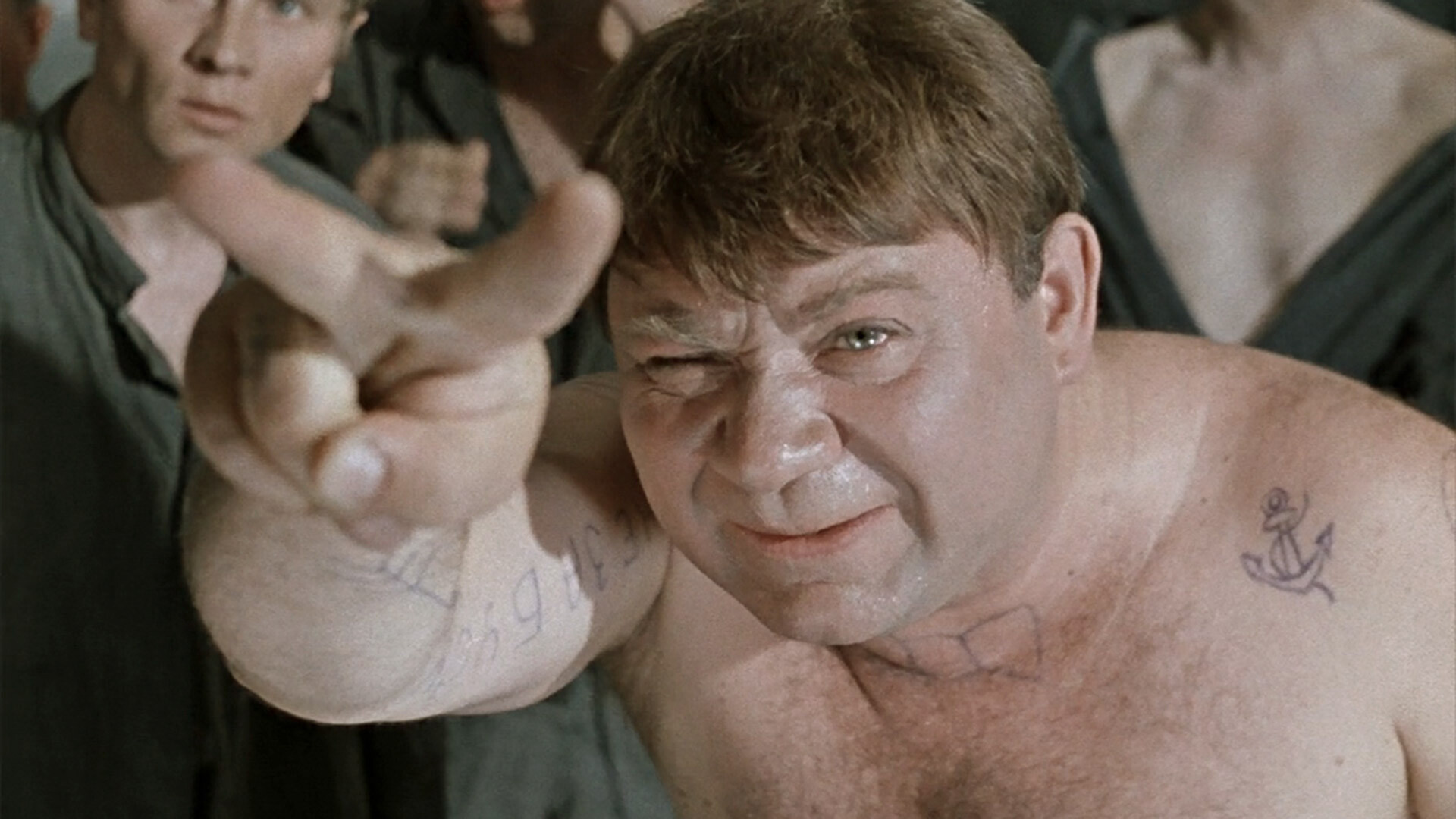
This is yet another iconic Soviet comedy about swapping roles and places – this time about justice. It turns out that an amiable kindergarten principal named Troshkin looks exactly like a dangerous habitual criminal with the nickname ‘Docent’, who escaped with a precious artifact – the golden helmet of Alexander the Great. The members of his gang are caught, but, to find Docent, Soviet police have to cook up a ruse and literally put Troshkin in jail – thankfully, with his own consent. And so, the amiable kindergarten principal becomes an important hero of a hard, but a very funny operation to catch a very dangerous criminal. Chasing the adventurous plot of the movie, you have to remember that the word ‘radish’ in Russia doesn’t just mean the vegetable, but also can mean a “bad man”.
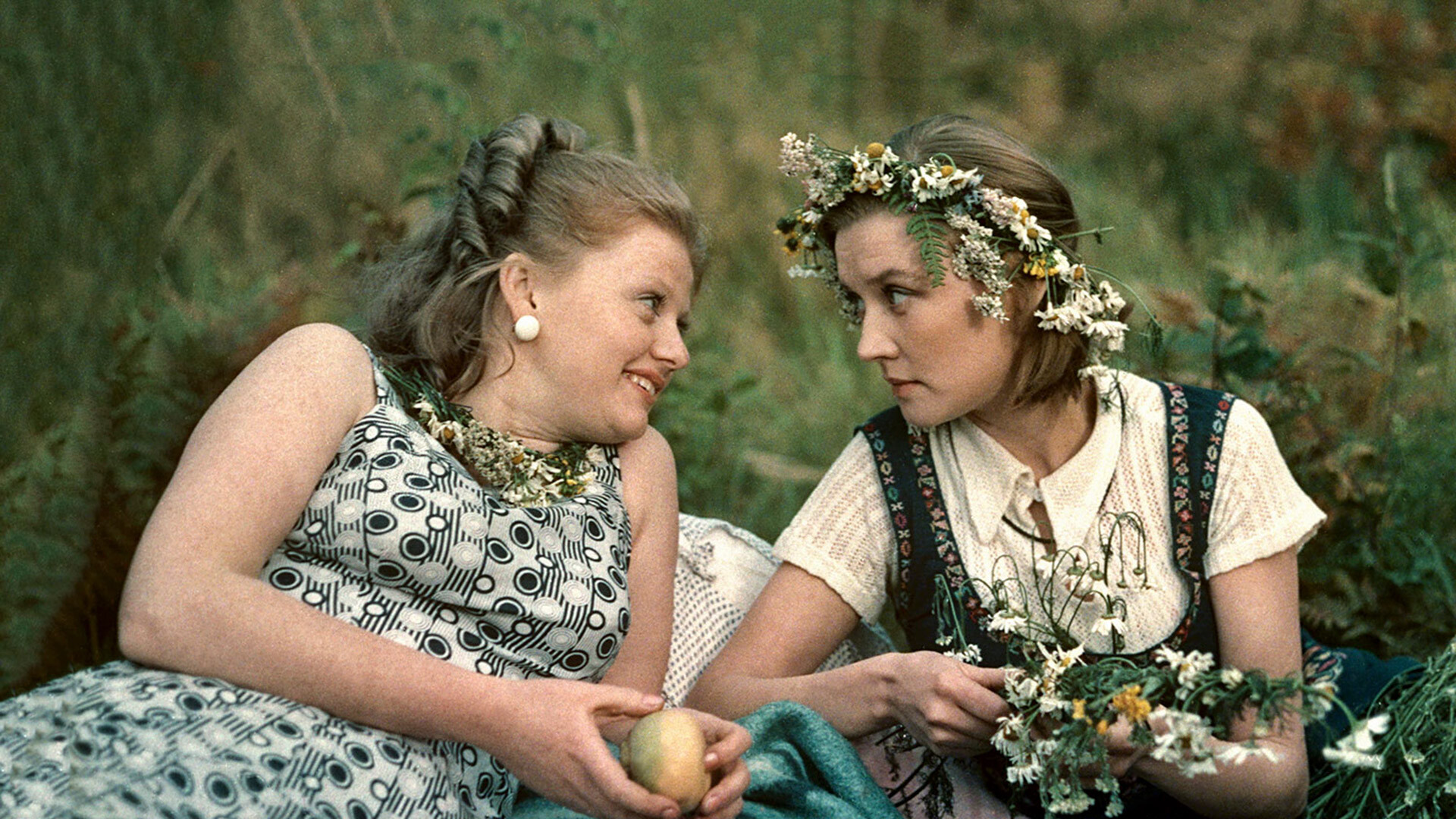
Way before the ‘Sex and the City’ franchise, Soviet director Vladimir Menshov shot the main dramedy for many generations of Russians about female loneliness and work in a metropolis. And he received an Oscar for it. The movie is the story of three female friends that spans 20 years of their lives. They came to conquer the capital and they believed in love, family, career perspectives; however, the lives of each of them, of course, were not at all like in their dreams. But that didn’t deter the heroines from overcoming it all and finding their own path, because Russian women don’t despair, no matter what!
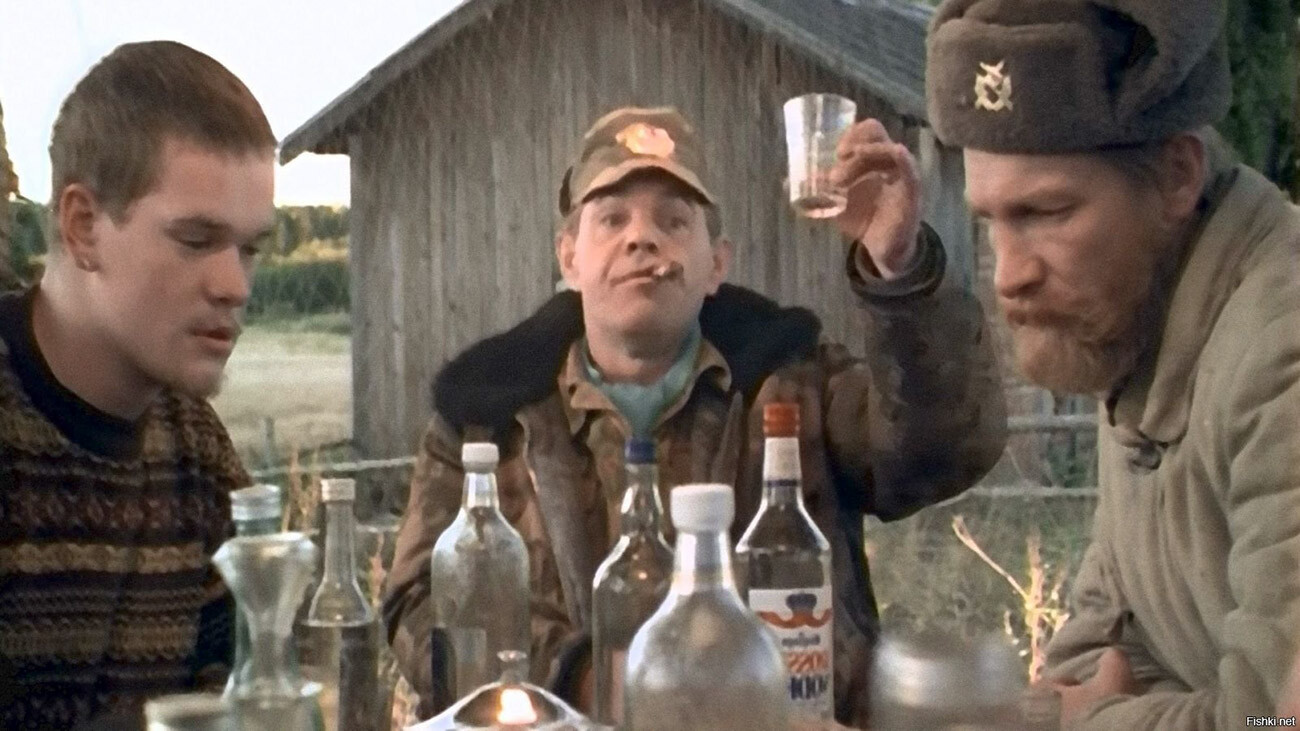
This is considered the most “folksy” comedy, illustrating the favorite foreign cliché about Russia’s main drink – vodka. A Finnish man studying Russian traditions and customs arrives at a forest ranger station, where an army general, a gamekeeper and others try to demonstrate to him these traditions. That includes “For health!” toasts and countless stories about the everyday life and customs of harsh Russia. Don’t try this at home, all the stunts were performed by professionals!
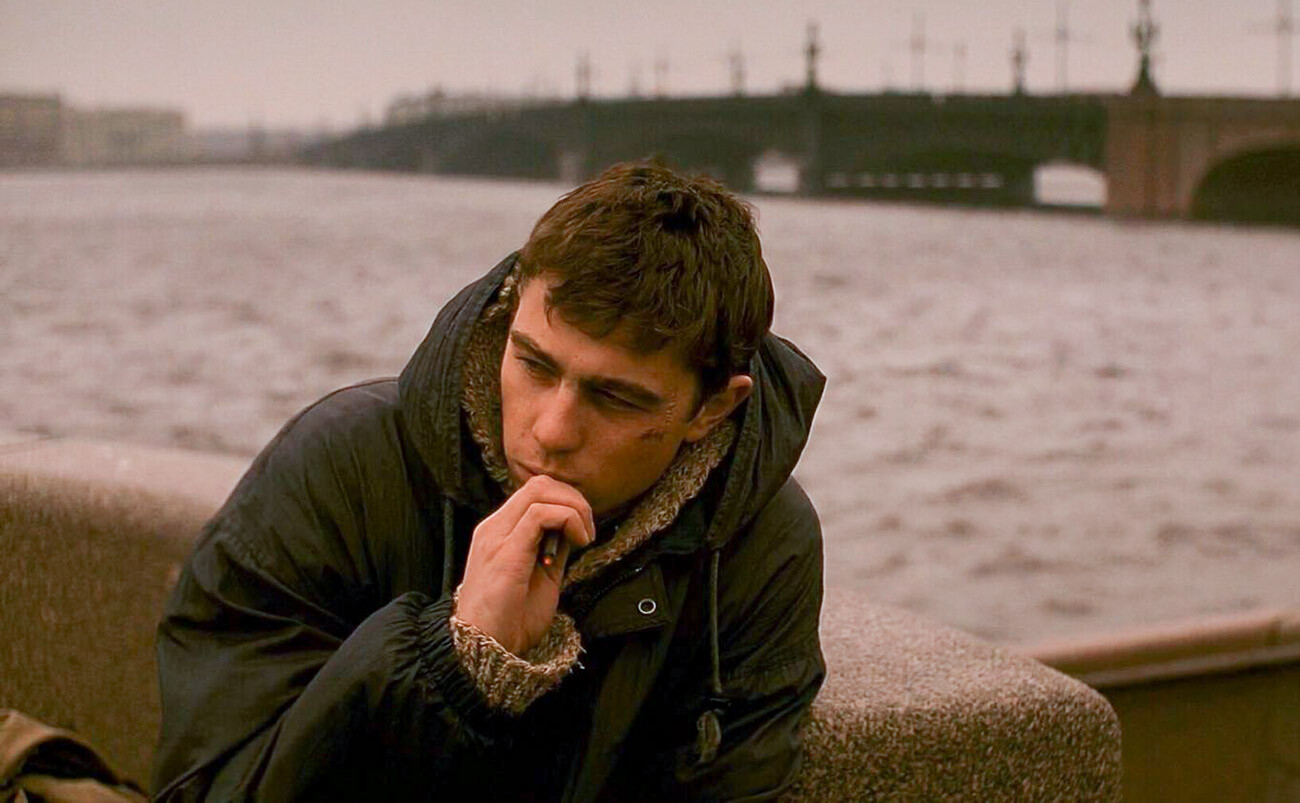
This is the leading duology of modern Russian cinema, directed by Aleksei Balabanov. Danila Bagrov, played by Sergei Bodrov Jr., invented by Balabanov, is something of a Robin Hood, certain that “power lies in the truth”. He tries to prove exactly that over the course of these two movies. In the first, he battles his PTSD after the Chechen War; in the second, he finds himself in the United States, where he tries to accept his new reality. Danila Bagrov became something of a “hero of our time” in Russia, a replacement for whom hasn’t been found yet.
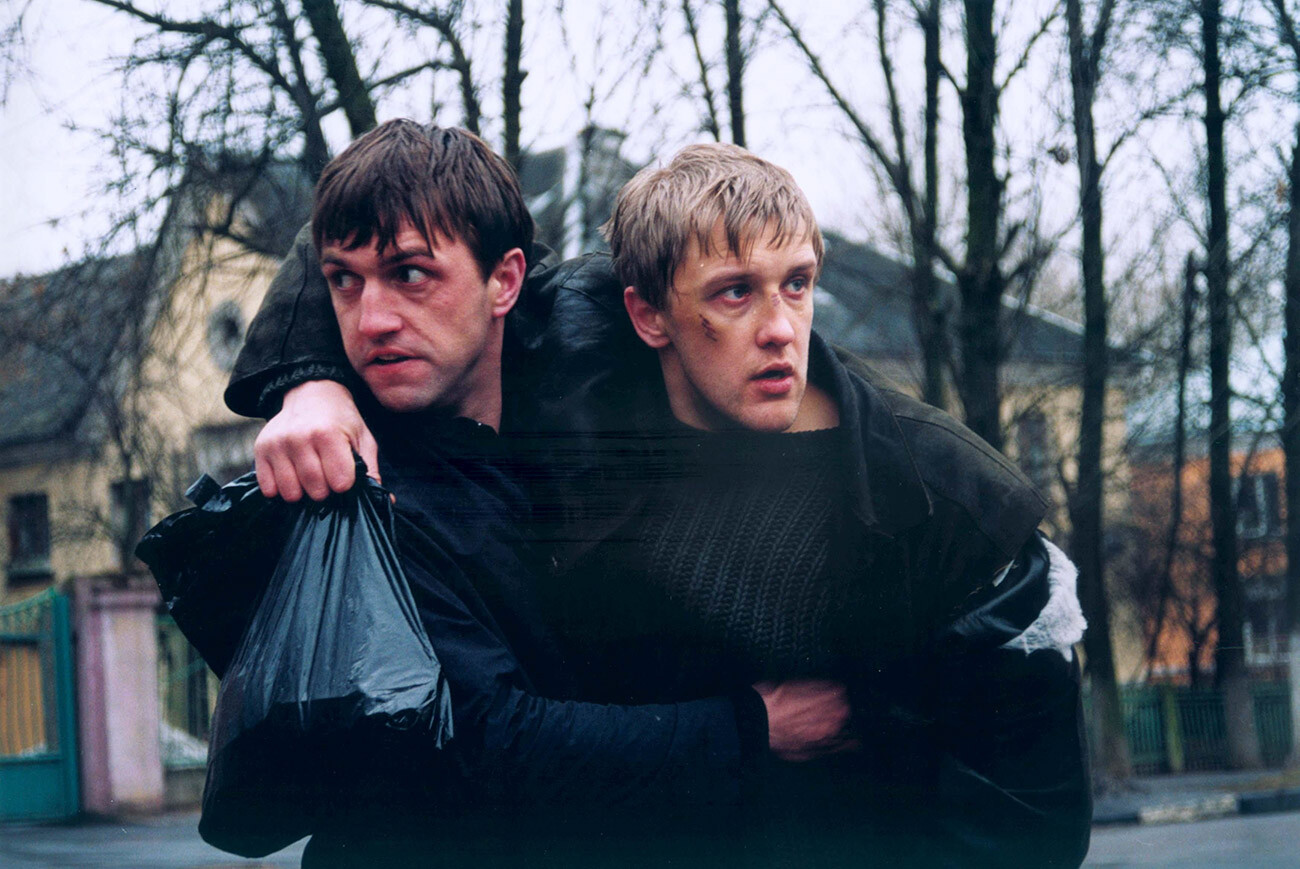
Peter Buslov’s movie summarizes Russian reflections on the 1990s – probably the most controversial decade of the country’s modern history. The movie is named after a black BMW or just a ‘bumer’ (or ‘beemer’) as it was often nicknamed in English. Four charismatic bandits are fleeing a crime scene with an ensuing chase, which is to the soundtrack of Sergei Shnurov, who, back then, was only starting to grow in popularity (through his rock band ‘Leningrad’). His simple chords tend to reveal an old citizen of Russia who has seen a lot in his life.
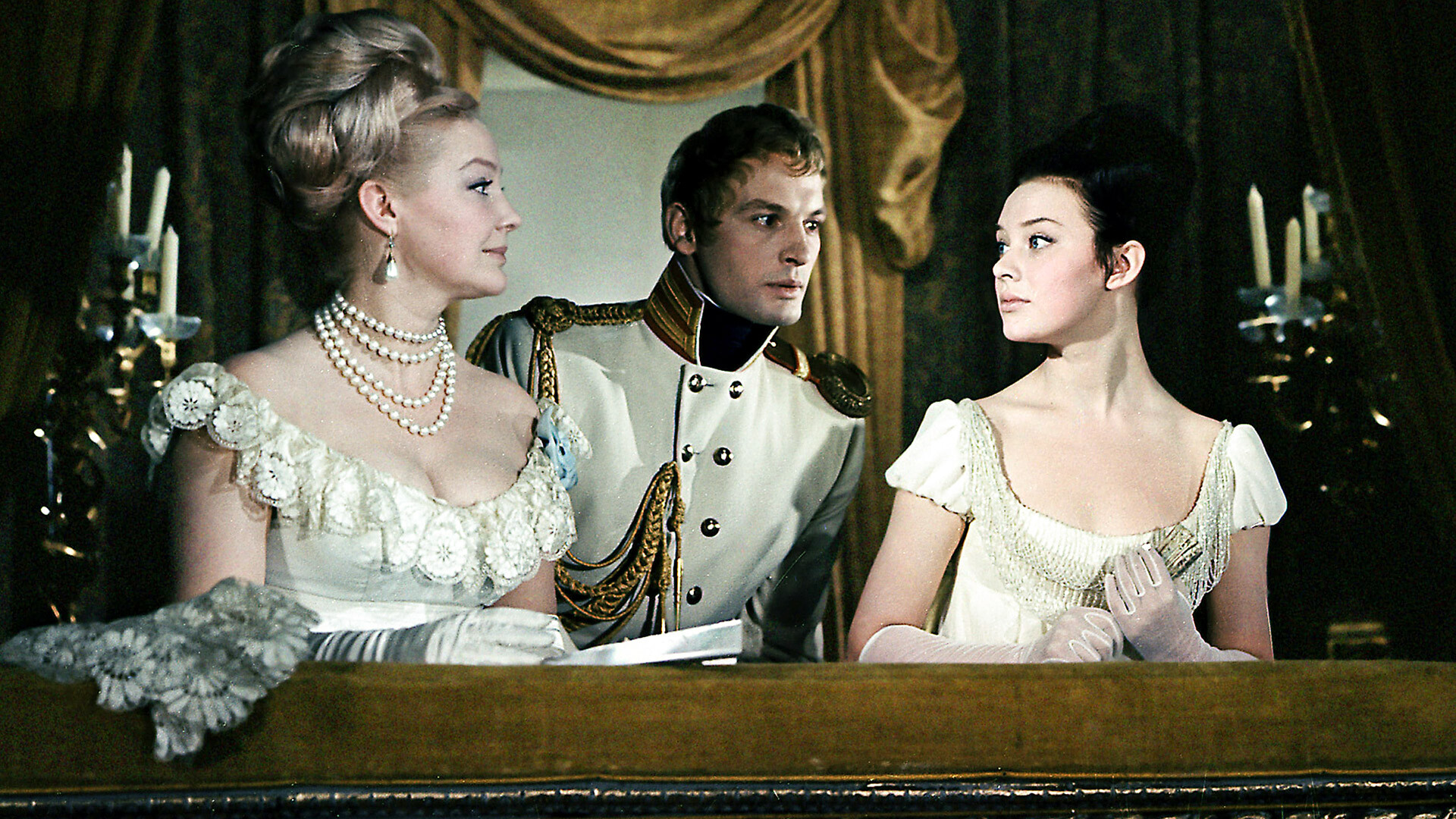
Of course, many Russians will say they love Leo Tolstoy, although not many can say they finished the monster four-tome ‘War and Peace’ written by him. But, many have seen Sergei Bondarchuk’s movie of the same name – it wasn’t just a box office smash in 1966, but was also awarded an Oscar. It’s hard to call this movie holiday entertainment, but it gives a lot of food for thought about the fates of Russian history and characters – not just the nobility but simple folk, as well, which is still relevant today.
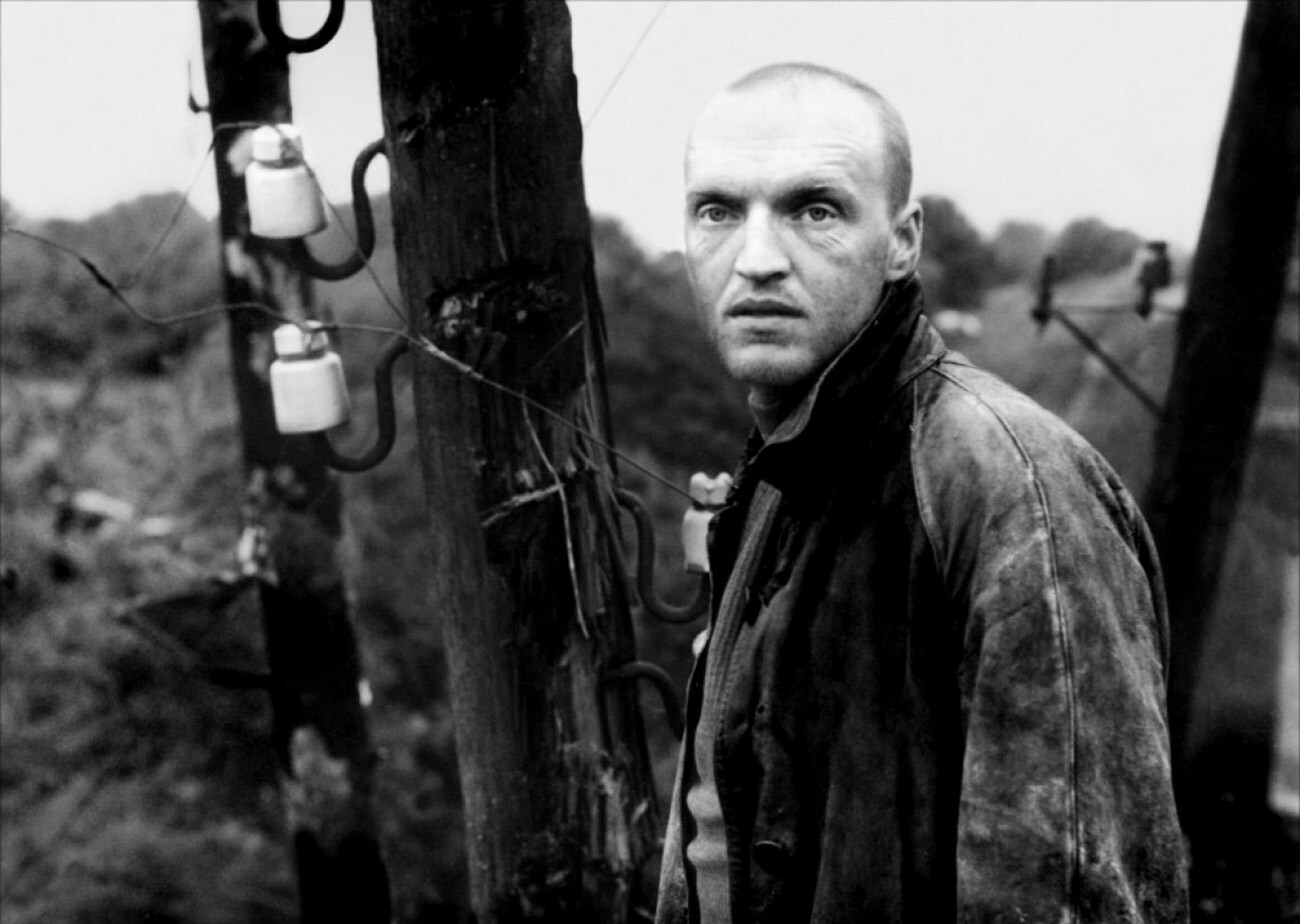
Another complex movie for aesthetes – this time, not just for history buffs, but also those who are into sci-fi, the brothers Strugatsky being the visionaries of it. Iconic director Andrei Tarkovsky based this movie on their novel ‘Roadside Picnic’. This is one of his most famous and one of the scariest works that hides the most violent pages of Soviet history behind philosophic metaphysics and Christian allusions. At the same time, visual spectacularity and the transition from monochrome to colored picture make ‘Stalker’ one of the most understandable Tarkovsky movies to a mass audience.
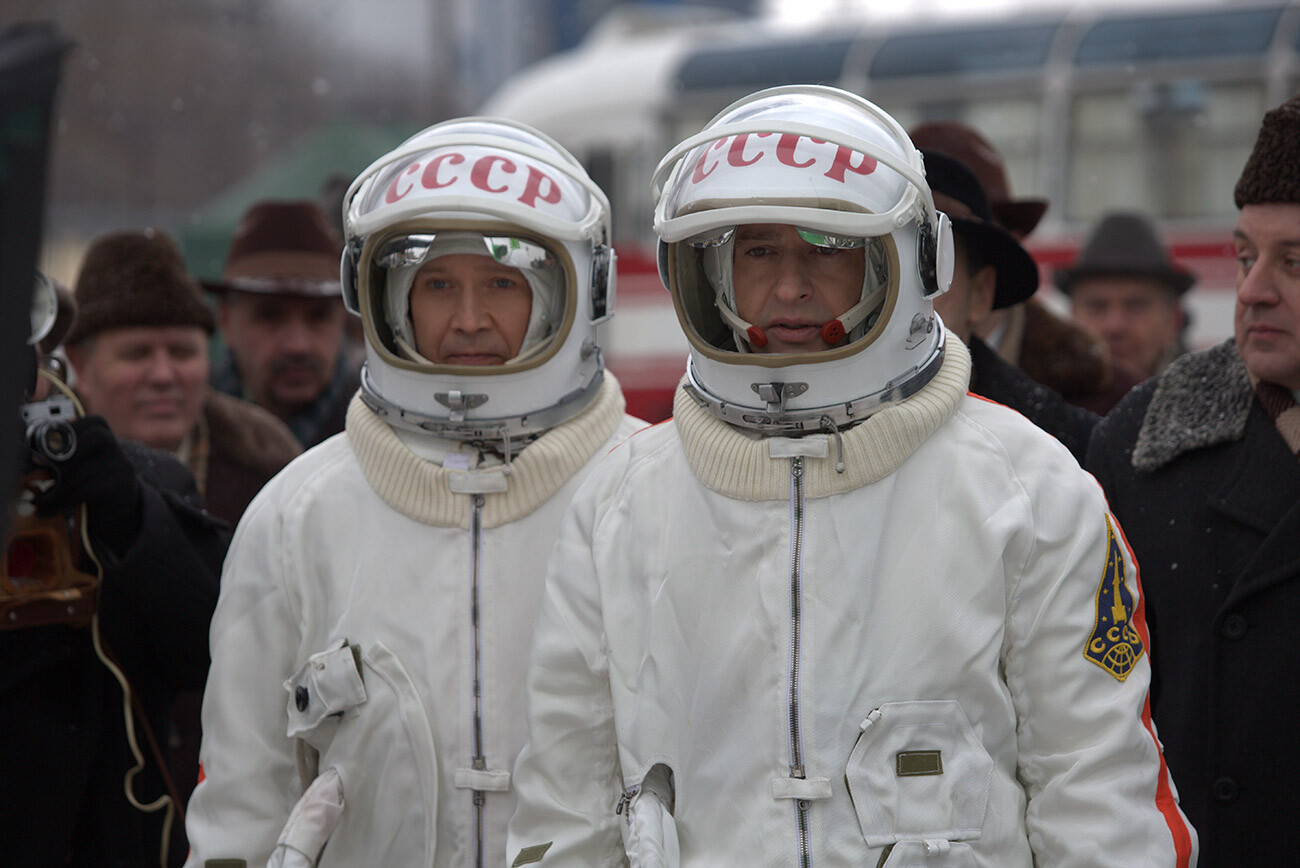
The newest movie on the list, it captured the answer to why Russian people can’t live without space. ‘The Age of Pioneers’ (also known as ‘Spacewalker’) tells the story of the first ever spacewalk in the history of space exploration that Alexei Leonov conducted in the middle of the Cold War. However, the geopolitical context here is not as important. The story of true friendship and a childhood dream that comes true is much more interesting.
Dear readers,
Our website and social media accounts are under threat of being restricted or banned, due to the current circumstances. So, to keep up with our latest content, simply do the following:
If using any of Russia Beyond's content, partly or in full, always provide an active hyperlink to the original material.
Subscribe
to our newsletter!
Get the week's best stories straight to your inbox